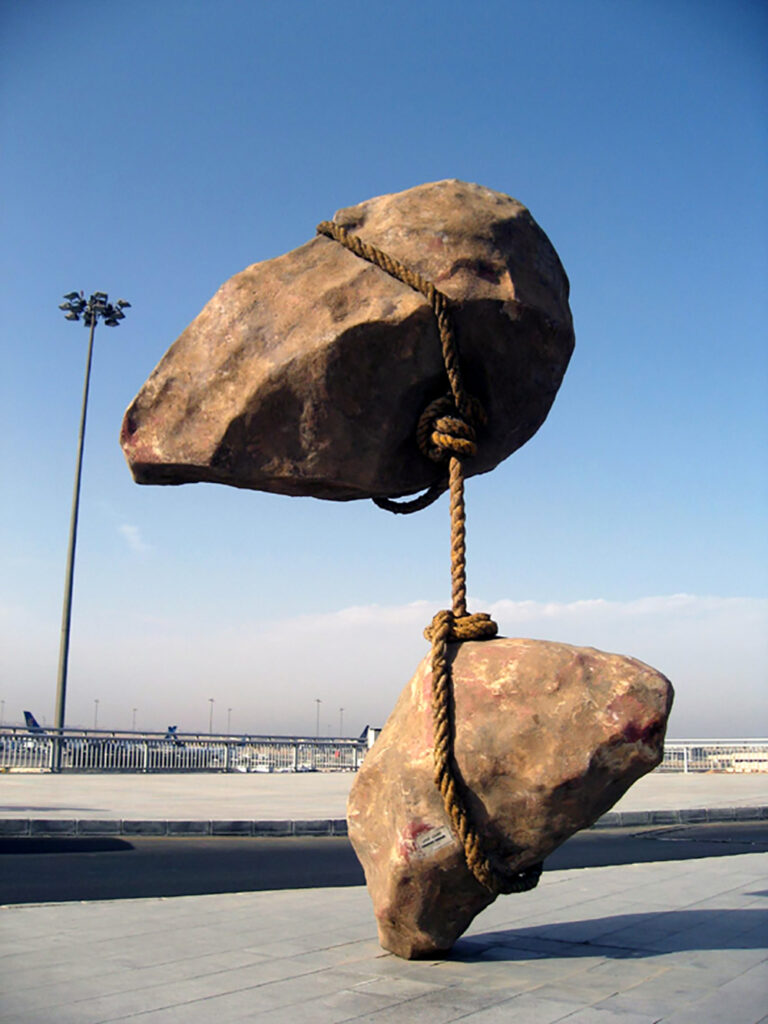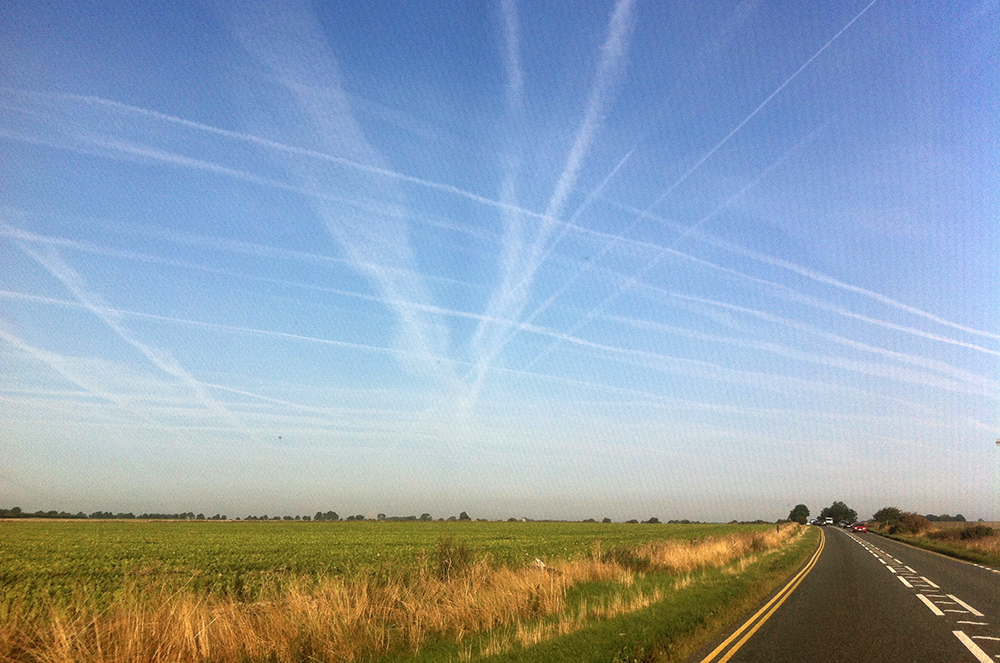Geneva, Wednesday 29 April 2020
People are still clapping enthusiastically at 21.00 every evening here in Geneva. Whilst this remains a show of thanks to those who have continued working throughout the lockdown, there is now definitely a different tone. We have whistling and singing; it’s more celebratory. The end of lockdown is in sight even though we are now well aware that addressing this pandemic involves a long haul. In Europe at least, this sentiment permeates; it’s government driven. Maybe we should spare more than a thought for the developing world. People in poorer countries, having to travel and unable to distance themselves from others even where they live, are facing a COVID-19 catastrophe; as a result, they are most likely to be the source of a resurgence of the disease elsewhere. For example, both India and Egypt are still seeing a steady increase in the number of cases of COVID-19 per day; they have yet to reach the peak. It is quite possible we will never know the full extent of the impact in countries with little capacity for testing and data gathering as a result of poor public health infrastructure. It is precisely in these countries, as recently reported in the Economist, that the mortality from COVID-19 is likely to be massively underestimated. It is sadly no surprise that this virus’s capacity includes showing us just how easily the world divides into the haves and the have-nots.
I am reminded of a trip I made to Egypt in early 2012 just after the 2011 “Arab spring” uprising. My objective was to tap into the extraordinary experience of the Doctors of Tahrir Square; an intrepid band of medics who had provided impartial first aid throughout the political crisis. It was truly admirable what they had achieved. They became a symbol of a fairer Egypt of the future. I met some of them one evening in a small cafe down a darkened Cairo backstreet. I asked them to give me their three top tips for other health-care workers caught up in such events. First, they said, you have to be visible; second, everyone must know that you are impartial (make contact with local radio stations;) third, always set up a first aid post with a wall behind you. I hope my brave Cairo colleagues are coping with the COVID-19 emergency. It’ll be a tough one for them. On my way out of Cairo, I spotted this sculpture by Smaban Abbas at the airport; it totally summed up my experience there.

Three nights ago, I opened our blog to start writing this Diary. We’d been hacked! The titles of a number of articles appeared in Russian letters. The hack was dealt with quickly and the site seems not to have suffered as a result. My friends in IT tell me that hackers the world over are taking advantage of the disruption to systems caused by people changing their work place from office to home. We can add hacking to the crimes that have flourished as a result of the COVID-19 pandemic.
I took this photo last year on a road that crosses the fens in Eastern England, near King’s Lynn. It was about 7.30 in the morning. It’ll be a long time before we see the skies full of jet streams like this. Imagine all that fuel not being burnt these days.

This got me thinking. What are the links between the lockdown, less fuel use, less air pollution, carbon dioxide levels and global warming? I had a bit of a look around on-line. There are, as you can imagine, many expert opinions. Here’s a non-expert summary. Because of the lockdown, air travel is down by about 75% and coal burning is down 20%. However, even if this were to remain the case until the end of the year, the total carbon dioxide emissions for 2020 would drop by only 5%. This will make virtually no difference to the atmospheric carbon dioxide levels and certainly won’t change our course towards a warmer planet. Then there are numerous reports of the lockdown leading to much reduced air pollution in many cities and over whole industrialised areas. There are two sides to this. Carbon dioxide is obviously one of the many atmospheric pollutants that accompanies the burning of fossil fuels; however, particulate air pollution (smoke) can, apparently, block the sun’s rays from reaching the surface of the planet. The cleaner the air, the more directly the earth’s surface is heated by sun. This leads to greater evaporation from oceans and so greater precipitation. Seems we can’t win. I also read that 2020 is already lining up to be the hottest year ever. Surely… no… this can’t be due to a virus, can it?
I see that Rory McIlroy, the current world number one golfer has offered to sell a signed pair of his new Nike shoes. I wonder how much they’ll go for. I was working in Thailand some years ago and needed some golf shoes. I went into a shop that sold convincing fake Rolex watches for $10 and Nike trainers for $5. By chance they had a pair of “Adidas” golf shoes for $4 that had been signed with a big flourish of a signature beginning with an “S.” Sam Snead? Seve Ballesteros? Sergio Garcia? I looked closely…. “Saint Andrew”!!!
